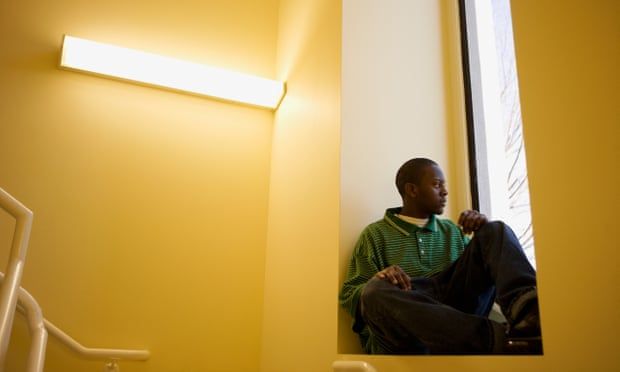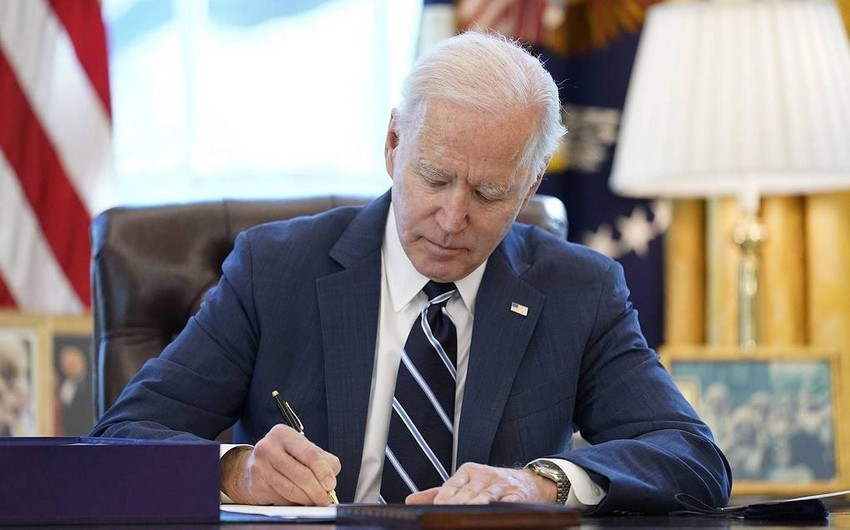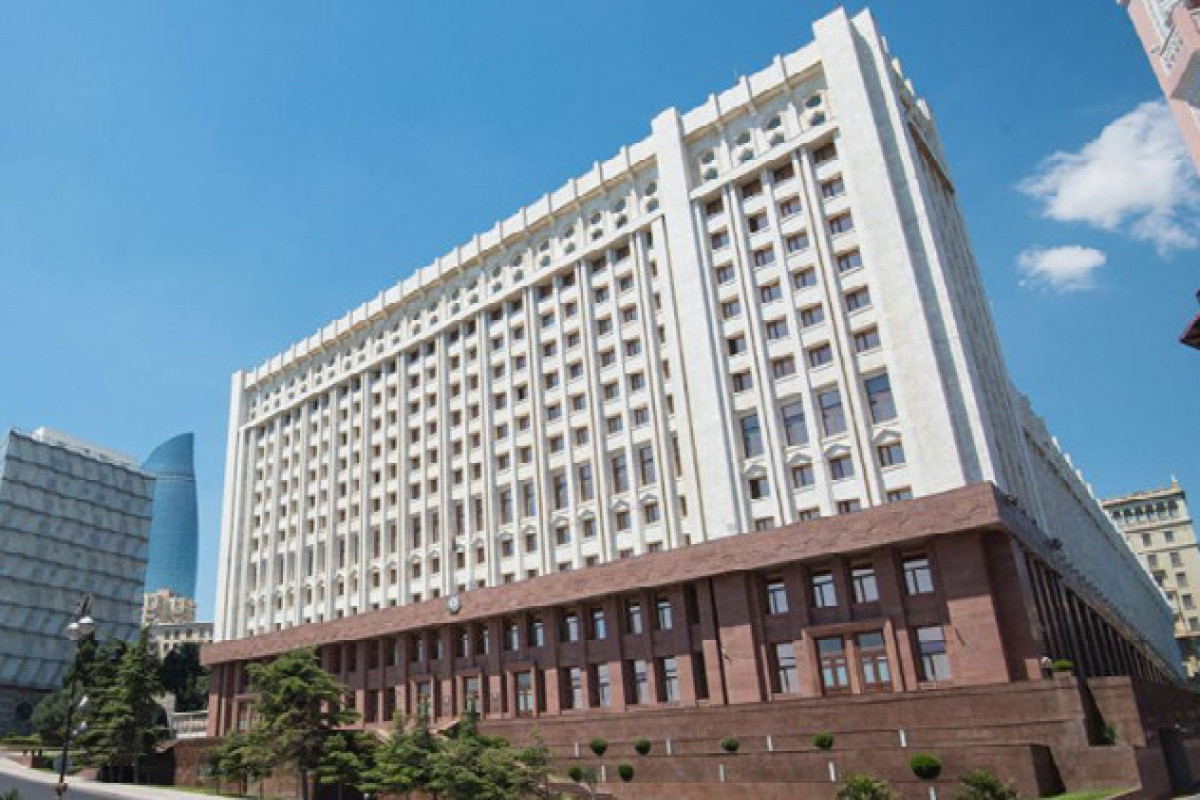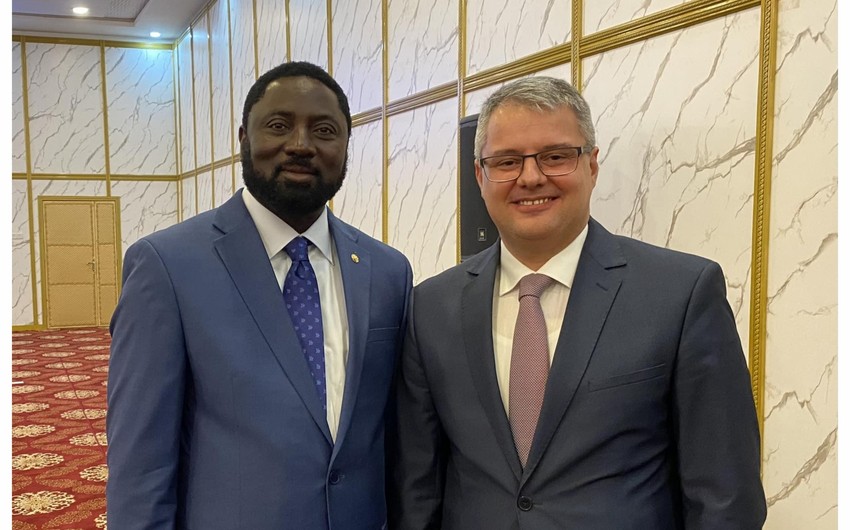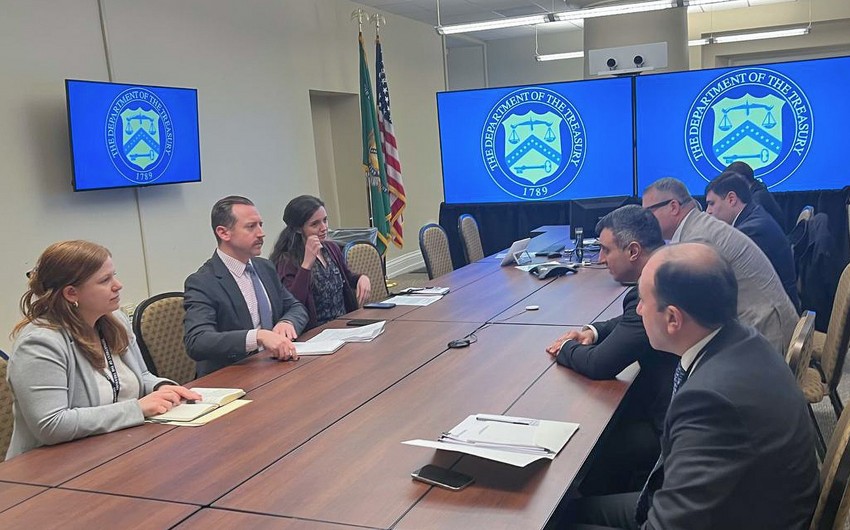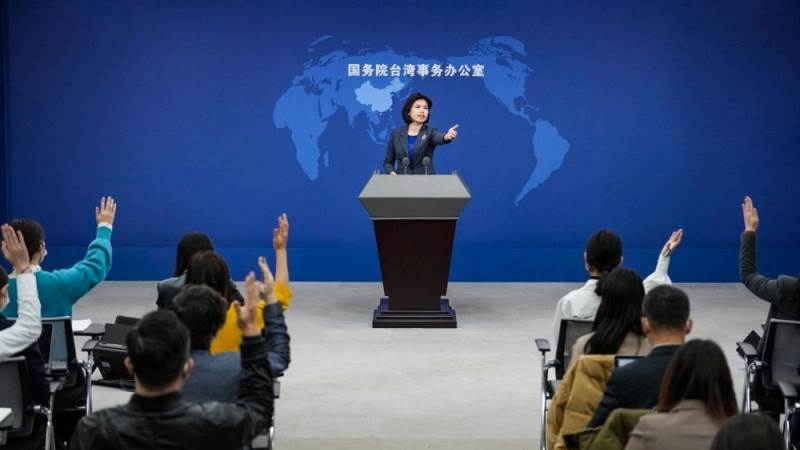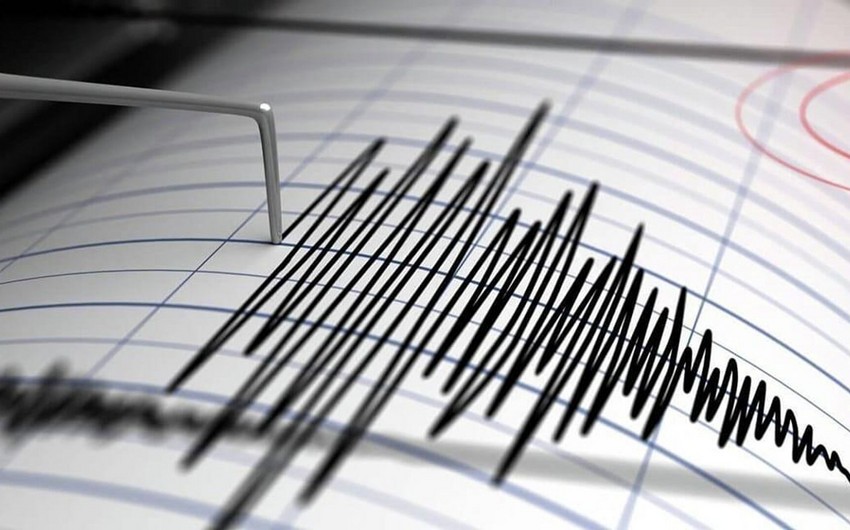Loneliness is part of the human condition. A primeval warning sign, like hunger or thirst, to seek out a primary resource: connection. Millions of years of evolution have shaped us into creatures who need social bonds in the same way that we need food and water.
And yet we increasingly find ourselves isolated. Loneliness is no longer a powerful enough driver to break us out of the silos created by modern life. Like our insatiable love of high-calorie foods, what was once an adaptive tool has become so misaligned with the way we live that it’s causing, in the words of the former surgeon general Vivek H Murthy, an “epidemic”.
It’s hard to compare our collective loneliness against that of previous generations, as we simply haven’t been measuring it consistently, but recent estimates suggest that anywhere from 22% to 75% of American adults are persistently lonely. A number of culture-wide structural changes might be to blame: more Americans live alone than ever before; fewer of us are marrying or having children; our average household size is shrinking. In many cases, these changes represent the availability of options where once the only accepted path was marriage and a nuclear family. But they also mean we are spending more time on our own. “Western societies have demoted human gregariousness from a necessity to an incidental,” writes John Cacioppo, a neuroscientist who studied social pain and passed away in March 2018, in his book Loneliness.
The trouble is that chronic loneliness doesn’t just make you feel terrible – it’s also terrible for you. Loneliness elevates our risk of developing a range of disorders, including cardiovascular disease, neurodegenerative diseases, cognitive decline, and metastatic cancer. It also weakens the immune system, making us more susceptible to infections. Left untended, even situational loneliness can ossify into a fixed state that changes brain structures and processes, says Stephanie Cacioppo, director of the Brain Dynamics Lab at the University of Chicago Pritzker School of Medicine. She is also John Cacioppo’s widow and was his research partner up until his death last year.
As a scientist, Stephanie Cacioppo has often viewed her life as an experiment. When John died, the practical elements of their joint research took on an urgent personal relevance.
People sometimes compare social loss to physical pain, but Stephanie finds the analogy inaccurate. After John’s death, she went on long runs, pushing herself in near-freezing temperatures until her muscles and lungs screamed. “I could handle the pain because I knew it would have an end,” she says. “The physical pain associated with running was less intense than the deep, heartfelt emotional pain of the loss of the love of my life.”
Stephanie says she’s now relying on many of the social fitness exercises that the couple validated together, such as making an effort to express gratitude, doing something nice for someone else without expecting something in return, choosing to engage with strangers, and sharing good news with others. “I am living proof of my science,” she says. “I apply it every day.”
Unlike depression and anxiety, loneliness has no recognized clinical form; there is no available diagnosis or treatment for feeling chronically isolated.She has also found relief in her work and in continuing her husband’s legacy: “If you have a sense of worth and life with a purpose, you will feel less lonely,” Stephanie says. Today, that means continuing a body of research that she and her late husband were beginning to explore: a pill for loneliness.
It’s less science fiction than it sounds. A number of clinical trials – led by Stephanie and others – are already under way, targeting the ways in which chronic loneliness changes the brain, as well as the havoc it unleashes on the nervous system. If there are pharmacological treatments for other social pains like depression and anxiety, why not loneliness?
Like depression and anxiety, loneliness is a universal part of the human experience. Unlike depression and anxiety, loneliness has no recognized clinical form; there is no available diagnosis or treatment for feeling chronically isolated.
Ellen Hendriksen, a clinical psychologist who specializes in anxiety, envisions a future in which that’s no longer the case. Currently, social anxiety is considered a disorder only when it causes enough distress or impairment to interfere with a person’s life. She can see the same distinction working for loneliness: “Maybe we’ll call this social isolation syndrome,” Hendriksen suggests, adding that she thinks many of her patients would fit the criteria. Some people tell her that she’s the only person they interact with for an extended period of time during the week.
Loneliness, according to Stephanie Cacioppo, is the result of biological signals that push us to reach out to others interacting with a dysfunctional mind that perceives social danger everywhere. She’s focused on a promising intervention: a neurosteroid called pregnenolone, which has been shown to improve stress-related disorders and ease the hypervigilance in the brain that arises when a person is exposed to social threats. Cacioppo’s goal is not to make people stop feeling lonely altogether, but to interfere with the ways loneliness affects the brain and body.
When mice are socially isolated, their levels of pregnenolone decrease, a shift that also occurs in lonely humans. In a 2013 study of 31 healthy people, another research team found that giving people oral doses of a compound called allopregnanolone – derived from pregnenolone – had a calming effect on the participants’ amygdala and insula, which are the regions of the brain responsible for threat detection, emotional recall, and the anticipation of unpleasant reactions.
The Cacioppos started focusing on pregnenolone and allopregnanolone after preclinical trials showed that the compound could counteract some of the loneliness-related biological changes in brain and was well-tolerated in humans. Some antidepressants provide a similar effect but come with undesirable side effects, like drowsiness, nausea, and insomnia.
“If we could successfully reduce the alarm system in the minds of lonely individuals, then we could have them reconnect, rather than withdraw from others,” Stephanie says.
That’s the basis for her most recent study, in which researchers administered 400mg oral doses of pregnenolone to lonely but otherwise healthy individuals. The trial ran from May 2017 to June 2019; Stephanie and her team are now in the process of analyzing the data. She’s cautiously optimistic that the results will show significantly reduced perceived loneliness among the people who received pregnenolone versus those who received a placebo. “I’m interested in the effect size of what we are going to find,” she says.
A 2016 review of pharmacological treatments co-authored by the Cacioppos explored the possibility of giving people the hormone oxytocin to combat chronic loneliness. Associated with breastfeeding, giving birth, and physical contact, the release of oxytocin in humans has been shown to “promote pro-social behaviors, affiliation, and trust”, the authors wrote.
Meanwhile, Steve Cole, a professor of medicine, psychiatry, and behavioral sciences at the UCLA School of Medicine who has frequently collaborated with the Cacioppos, is exploring how to mitigate the way loneliness makes the body susceptible to a host of diseases. Beta blockers, heart medications developed in the 1960s, inhibit the body’s response to adrenaline and may also “turn out to be great at disconnecting the psychological experience of social threat and uncertainty from its biological consequences in the periphery”, Cole says. “Even if we can’t stop loneliness with a brain-targeted drug, we might still be able to protect lonely people from the adverse health consequences.”
Cole is hoping to validate the drug’s ability to reduce the impact of stress on the body. At the moment, he is studying the impact of beta blockers on cancer patients, as stress has been shown to exacerbate the spread of the disease. If it is effective, there’s reason to believe beta blockers could alleviate the destructive biological consequences of loneliness.
Given all the ways modern life is designed to make us feel untethered, how do we determine who needs a medical intervention versus who is simply in a social rut?
Just as thirst is a signal that you are dehydrated, loneliness is an indication that you are already suffering from a lack of connection, Stephanie Cacioppo tells me. It’s true that many of us manage to pull ourselves out of a lonely funk, but she argues that we could still benefit from a pharmacological intervention to prevent descent into social isolation.
The vast majority of people experience loneliness in their lives. I ask her: does this mean all of us could benefit from such a treatment?
“Absolutely,” she says.
If that makes you uncomfortable, you’re not alone. “I think we should be cautious about thinking of this as a disorder, and rather thinking about it instead as something that we all need: social connection,” says Julianne Holt-Lunstad, a psychologist at Brigham Young University who has studied social isolation. For many people, it’s perhaps more helpful to view social connection as an integral part of our physical and emotional health, which can be improved through lifestyle adjustments.
I think about what makes us lonely on a recent subway ride from Brooklyn to Manhattan. As the train hurtles over the Manhattan Bridge, the subway car is silent, save for the muffled beats of a pop song. A woman up front is reading a book, and a few commuters are dozing. The rest of us are glued to our devices: heads bent, earbuds in, fingers scrolling. The trains sputters and then stops completely mid-bridge; plugged into our own curated digital landscapes, no one looks up. What was once a period of contemplation, boredom, small talk, confrontations, maybe even some light flirting, has been replaced by screens.
In addition to filling the blank spaces in our day, our phones double as a crutch to “lean on when we are socially anxious or uncomfortable”, says Julia Bainbridge, a freelance writer and editor, who, in 2016, launched The Lonely Hour, a podcast dedicated to exploring the condition. The world is unpredictable, but our screens provide a convenient buffer against the possibility of spontaneous human interaction. Waiting for class to begin or for a friend at a bar? Instead of striking up a conversation with the person next to you and risking awkwardness, it’s easier to simply look down at your screen.
Individually, these moments are innocuous, but Bainbridge worries about their collective weight. “Living is hard sometimes,” she says. “It puts us up for the possibility of rejection, but putting yourself up for that, engaging in that way, is part of a really important piece of human development.”
Technology has sanded away the necessity and inconvenience of interacting with other human beings: we can work from home, order groceries online, stream movies from bed. At the same time, the percentage of Americans who participate in social groups – whether they be social clubs, sports teams, community centers, volunteer organizations, or religious groups – has fallen, Holt-Lunstad says.
In a dizzying number of ways, modern life is designed to disengage us from one another. And with such obvious barriers to connection, it may not seem worthwhile to pursue a pharmaceutical solution. “We are such a medicated, comfortably numb society,” Bainbridge says. In her own life, she sees loneliness not as a problem to be fixed, but a complicated, ambivalent state that adds depth to the experience of being a social creature in a fragmented world.
At least for now, there remain nonpharmacological strategies to rely on. If you’re feeling the pain of social isolation but have a support system, it can pay to tell the people closest to you what you need. Last spring was a particularly lonely time for Bainbridge. She had recently moved from New York City, where she had a solid group of friends, to Atlanta, where she knew virtually no one. And so she requested a favor from her mom. The ask was simple: text her every day in the morning with an update, question, or random thought. The content mattered less than the act itself. “It really helped me,” she says. To this day, her mom still texts every morning.
Actively searching for meaning in your life, whether it’s by joining a volunteer organization, movement, or religious group, also helps. It’s less about meeting other people, at least at first, and more about finding purpose and taking part in something larger than yourself, Cole says. “Self-focus promotes negative emotional states,” while there is robust evidence that the “neurobiology of helping others is one of the most rewarding things a brain can do”.
Stephanie Cacioppo has found a larger purpose in advancing the work she started with John. She recently heard a quote that has stuck with her: “Mozart didn’t die; he became music,” she says. “I believe my husband didn’t die; he became theory. I am applying his theory.”

